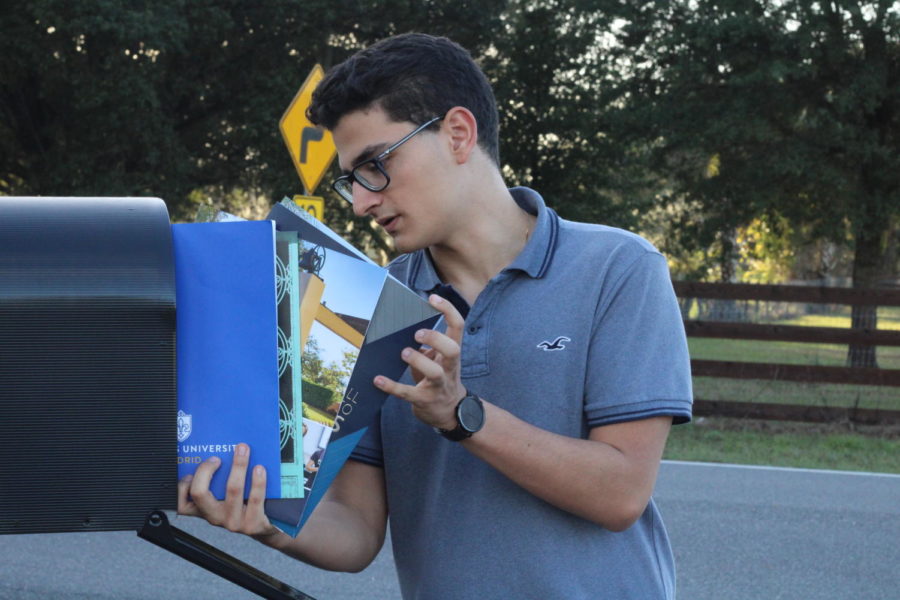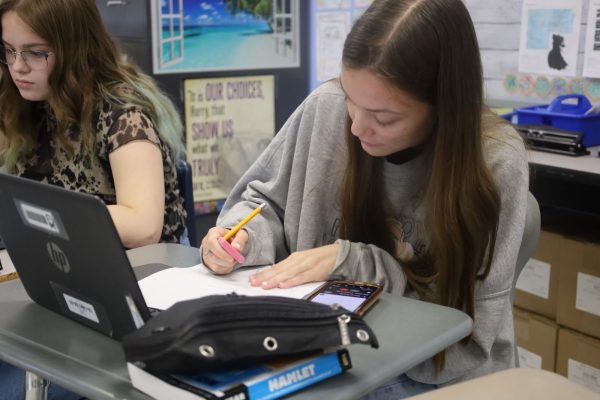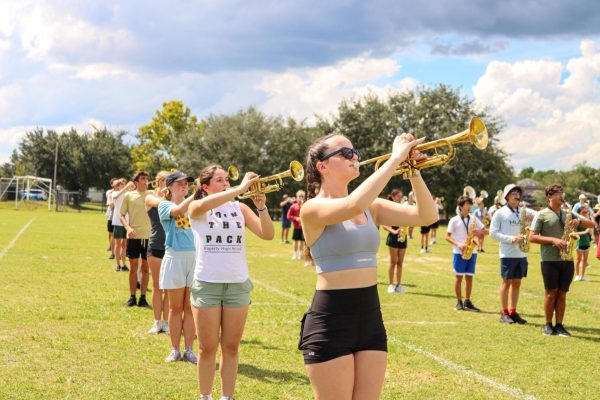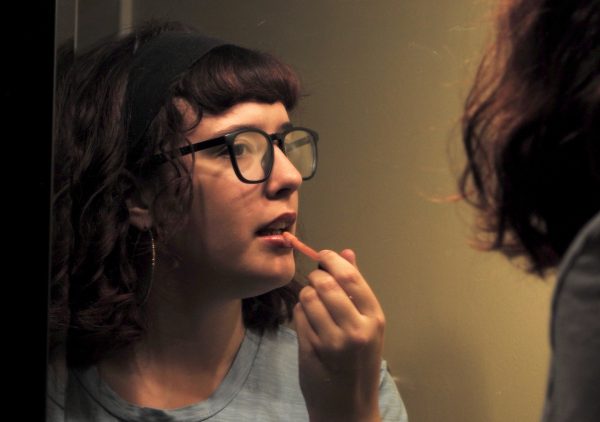Dodging college curveballs
When senior Zack Dayeh opened his letter of acceptance to the University of Florida, he was ecstatic. What he had been working toward his entire high school career was worth something that would last him a lifetime – a college education. But like many graduating seniors, his college dream looked a little different than he originally planned.
“I felt great at first. When I read it, I just saw the congratulations and I didn’t really read the actual letter, so I was like ‘Yeah, let’s go!’ and then I saw I was admitted into the summer B term instead of the fall term,” Dayeh said.
Admitted for the summer term, Dayeh did not expect to have to move out and settle in on campus only a month after graduation, and his summer plans quickly turned obsolete as he realized that reapplying would delay his admission even further. However, Dayeh remains optimistic about the early start despite these inconveniences.
“I think it’ll help me get adjusted. It’ll be less overwhelming because there’ll be less people and less classes so I can get the feel for college and grow a little,” Dayeh said.
Colleges often require that an applicant submits their official standardized test scores, transcripts and letters of recommendation along with a standard application, and many graduating seniors find that acquiring these documents can be a struggle. Senior Sebastian Fernandez had to watch deadlines fly by as he waited for the College Board to release his test scores.
“I felt annoyed, like the organization didn’t really care about what it meant to get those scores,” Fernandez said.
However, the delay did not stop Fernandez from submitting applications to 11 different schools, as he was able to submit older SAT scores in place of the most recent ones.
“Getting the scores felt great, like a huge weight off my shoulders,” Fernandez said.
According to student counselor Nicholas Maby, the college application process is largely in the hands of the student, but counselors can still offer a helping hand along the way.
“We help everyone with things like common apps sending their transcripts, we have our own letter of recommendation forms, and I’ve done as much as individually sitting with the student and applying [to a college],” Maby said.
If a student faces an obstacle during their admission process, such as application rejection or waitlisting, Maby recommends seeking their assistance as well.
“My guidance counselor was very helpful throughout the process. She was always available to answer any questions I had,” senior Hannah Connell said.
Despite the inconveniences, Dayeh still acknowledges that his acceptance into UF was a product of his strong work ethic during high school. Colleges usually request extracurricular activities, leadership positions and academic accomplishments from their applicants, and Dayeh holds several, including historian of the Science National Honor Society and president of Tri-M Music Honor Society, and he was able to disclose these positions on his application.
“I have always wanted to do well in my classes. I’m a planner, I’m a thinker; I plan my life out and know the things I need to do to get that plan going,” Dayeh said.
Fernandez is particularly proud of the skills he used to make his applications as appealing to the admissions offices as possible, allowing him to overcome college rejection and receive acceptance from five other colleges.
“I’ve learned skills through my English class and also I’ve written many essays in Debate, so I’m well versed on how to write a good essay,” Fernandez said.
Throughout her application process, Connell wrote more than 20 essays before she was accepted into UF.
“The hardest part of the application process was the constant need to write essays. Whether it be for Common App or scholarships or programs within a college, it felt like a never ending to-do list of essays to write,” Connell said.
Getting a head-start on her applications was essential to meeting the deadline, and Connel used several resources to do so. From essay-writing workshops to virtual meetings with colleges of interest, Connell felt more than ready to begin applying. However, her extensive preparations came at a cost, as they took up countless hours of her schedule.
“I started attending the meetings and eating dinner while watching, or doing homework while watching, and I took notes on things that popped out to me,” Connell said. “The amount of time I spent following up with different colleges was more than I thought.”
While Dayeh also used similar resources, he has his friends and parents to thank for his successful applications, acknowledging that he would not have been able to strive through the application process without their help.
“My parents have been there for me and my friends were always going through the same thing, so I could talk to them. I could compare and use them for information if I needed them and vice-versa,” Dayeh said.
Your donation will support the student journalists of Hagerty High School. We are an ad-free publication, and your contribution helps us publish six issues of the BluePrint and cover our annual website hosting costs. Thank you so much!







